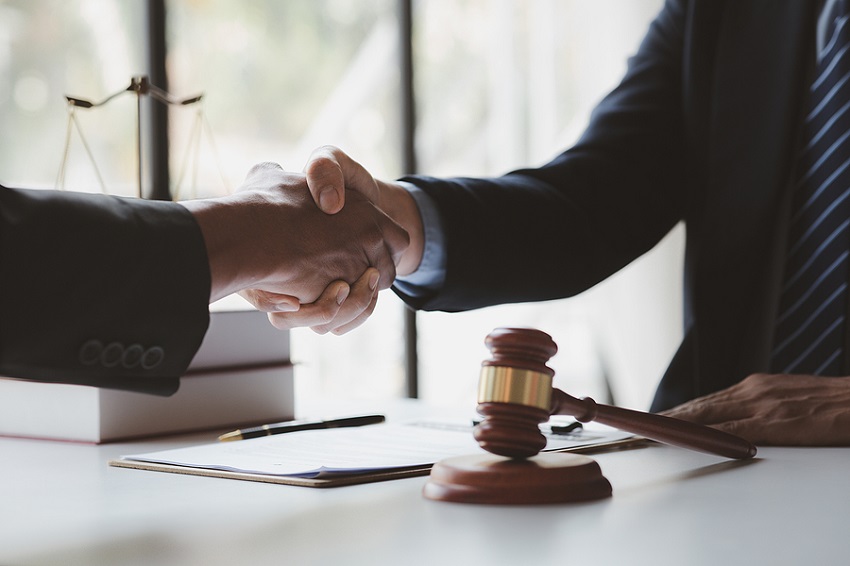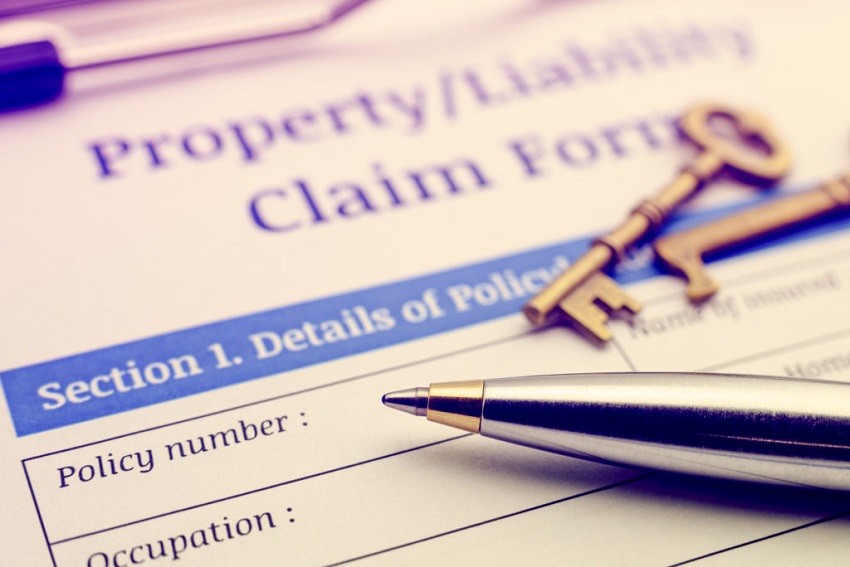Imagine finding yourself facing the destruction of property charge. Perhaps you made a hasty decision in the heat of the moment or were involved in an unfortunate incident. Regardless of the circumstances, it’s important to understand that such charges can have serious consequences. However, with the right approach, evidence, and legal strategy, it is possible to fight against these charges and achieve a favorable outcome. Here, we’ll discover how to beat a destruction of property charge.
Understanding Destruction of Property Charges
Before diving into the strategies to beat the destruction of property charge, it’s crucial to understand what it entails clearly. Destruction of property generally refers to intentionally damaging or destroying someone else’s property without their consent. This can include acts such as vandalism, arson, or even graffiti. The severity of the charge and its associated penalties can vary based on the jurisdiction and the extent of the damage caused.
Potential Consequences of a Destruction of Property Charge
Being convicted of destruction of property charge can lead to various consequences. These include fines, restitution payments, probation, community service, or imprisonment. Additionally, a criminal record can have far-reaching implications, affecting employment opportunities, housing applications, and other aspects of your life. Taking these potential consequences seriously and being proactive in your defense is crucial.
Hiring an Experienced Defense Attorney
Consulting with an experienced defense attorney is paramount when facing a destruction of property charge. A skilled attorney will have the knowledge and expertise to navigate the legal system effectively. They can guide you through the process, analyze the evidence against you, and develop a strong defense strategy tailored to your circumstances.
Gathering Evidence and Building a Strong Defense
A key aspect of beating the destruction of property charge is gathering evidence to support your defense. This may involve collecting photographs, videos, or eyewitness testimonies contradicting the prosecution’s claims. Documenting any evidence that demonstrates your innocence or casts doubt on the allegations against you is crucial. Additionally, your attorney can assist in obtaining any pertinent records or expert opinions that may strengthen your case.
Exploring Possible Legal Defenses
When developing your defense strategy, it is essential to explore possible legal defenses. Let’s discuss a few common approaches that can help you challenge the destruction of property charges effectively:
Demonstrating Lack of Intent
One possible defense is to argue that the damage caused was unintentional or accidental. By proving that you lacked the necessary intent to commit the offense, you may be able to have the charges reduced or dismissed. It is important to present evidence that supports your claim of innocence and demonstrates that the damage occurred due to circumstances beyond your control.
Proving Self-Defense or Defense of Others
If you damaged or destroyed the property in an act of self-defense or defense of others, you may be able to assert this as a valid legal defense. You must show that your actions were necessary to protect yourself or someone else from imminent harm. This defense requires demonstrating that your actions were reasonable and proportionate to the threat you faced.
Arguing for Mistaken Identity
Mistaken identity is another potential defense strategy. If there is a possibility that you were misidentified as the perpetrator, you can present evidence that raises doubt about your involvement. This may include alibis, witness testimonies, or surveillance footage contradicting the prosecution’s events.
Presenting Alibi or Lack of Opportunity
An alibi defense involves proving that you were not at the scene of the alleged crime when it occurred. By presenting credible evidence, such as timestamps, receipts, or witness testimonies, you can establish that you had no opportunity to commit the offense. Alibi defenses can be powerful in creating reasonable doubt about your involvement.
Negotiating a Plea Bargain
In some cases, it may be beneficial to pursue a plea bargain rather than proceeding to trial. This involves negotiating with the prosecution to reach a mutually agreeable resolution. Depending on the circumstances, you may be able to secure reduced charges, lesser penalties, or alternative sentencing options through plea bargaining. Consulting with your attorney can help determine if this is a viable option for your case.
Preparing for Trial
If your case proceeds to trial, it is crucial to be thoroughly prepared. Your attorney will guide you through the trial process, ensuring you understand your rights and responsibilities. They will help you develop a comprehensive trial strategy, including selecting appropriate witnesses, preparing cross-examinations, and presenting compelling arguments to the jury.
Courtroom Etiquette and Behavior
It is essential to maintain proper courtroom etiquette and behavior during the trial. Dressing appropriately, showing respect to the judge, and refraining from disruptive or disrespectful conduct can positively impact the perception of the judge and jury. Your attorney will guide courtroom decorum and how to present yourself effectively.
Seeking Alternative Sentencing Options
Exploring alternative sentencing options can be beneficial if you are convicted or decide to enter a guilty plea. Diversion programs, community service, or rehabilitation programs may be available depending on the circumstances. These alternatives focus on rehabilitation rather than punishment and can help mitigate the impact of a conviction on your life.
Conclusion
Beating the destruction of property charge requires a proactive and strategic approach. Hiring an experienced defense attorney, gathering compelling evidence, exploring legal defenses, and preparing thoroughly can increase your chances of obtaining a favorable outcome. Remember, every case is unique, and the information provided in this article is general. It is crucial to consult with a qualified attorney to receive personalized advice based on your specific circumstances.




